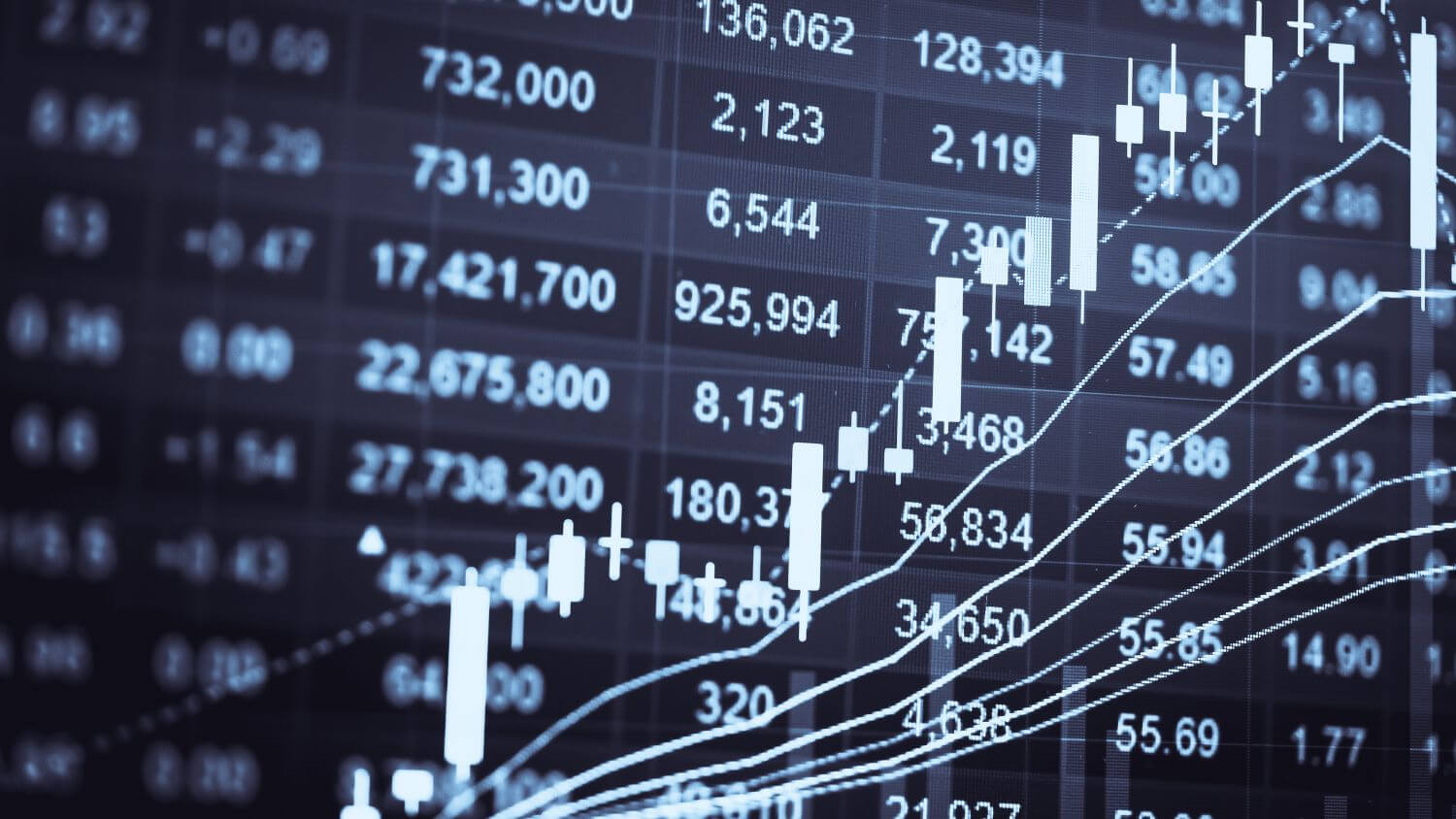Investment Portfolios in Today’s Uncertain Times
It has been a choppy start to the year and Russia’s invasion of Ukraine has only added to the volatility so we wanted to share some of our thoughts and market expectations.
The underlying circumstances around any market volatility always differ, but they usually center on uncertainty. Today, Russia’s invasion of Ukraine and the significant geopolitical risk that comes with it are the current catalyst for uncertainty, and investors in the global stock markets have reacted wildly.
While the specific reasons that drive any stretch of market volatility are unique, one thing that is the same in these events is that investors react quickly and “price in” new information, often pricing in more impact than underlying fundamentals warrant. Short-term overreactions create opportunities to purchase (or continue to hold) good long-term investments that become cheaper and thus have higher expected returns than before. They also lead many investors to lock in paper losses by selling during a downturn, which is very damaging to long-term returns.
We see no immediate reason to make investment shifts
As we assess how Russia’s attack on Ukraine and the sanctions imposed by the West could affect the global economy and our investment portfolios. The most direct economic impact will be on Russia. Our portfolios currently have very little exposure to Russian stocks (well below 1%) so this risk is of fairly little consequence. Further, an economic recession in Russia is not likely to have much impact on global growth—Russia’s GDP is less than 2% of total global GDP—but restricted gas supplies to Europe and higher energy prices could. Roughly 40% of Europe’s natural gas imports and 30% of its crude oil imports come from Russia. If Russia responds to sanctions by cutting off these energy shipments to Europe it could drive prices higher at a time when inflationary pressures are already leading to tighter money and concerns about slower growth.
Given that markets have already priced in slower economic growth, even as the overall economy has remained healthy, we believe the invasion of Ukraine and any aftershocks are by themselves not likely to push the U.S. into recession. Recent positive economic indicators and the receding Omicron wave indicate this could be another above-trend year for economic growth and corporate earnings. This would support risk assets, such as stocks and credit-oriented bonds. But we also recognize a worst-case scenario in which a complete shutdown of energy flows to Europe is enough to trigger a recession there, with significant negative impacts on the global economy and stock markets. If this were to happen, and a bear market unfolded in the U.S. and Europe, it would likely provide us an attractive opportunity to add to our equity exposure in Europe and/or the U.S.
The near-term uncertainty surrounding the Russia-Ukraine war is significant
It is reasonable to assume things will get worse before they get better. But ultimately, we believe a diplomatic solution/cessation of the fighting will be achieved. In the meantime, markets are likely to remain volatile. But, as always, it would be a fool’s errand for us to invest based on short-term market predictions.
What we do expect is that interest rates are likely to continue to rise this year
As we deal with inflation fueled by the pandemic and supply chain disruption. For that reason, we remain unenthusiastic about holding much in core bonds, but global shocks are a reminder of their defensive value in a portfolio. We are more positive on equities, even with the heightened volatility and risk, and we will continue to assess the point at which market declines would make us buyers. In the meantime, we will monitor events closely, and stay the course.
We know that staying the course in the face of anxiety and uncertainty isn’t easy. Our goal is to provide assurance that we are consistently evaluating all significant developments and factoring them into the decisions we make on your behalf.






